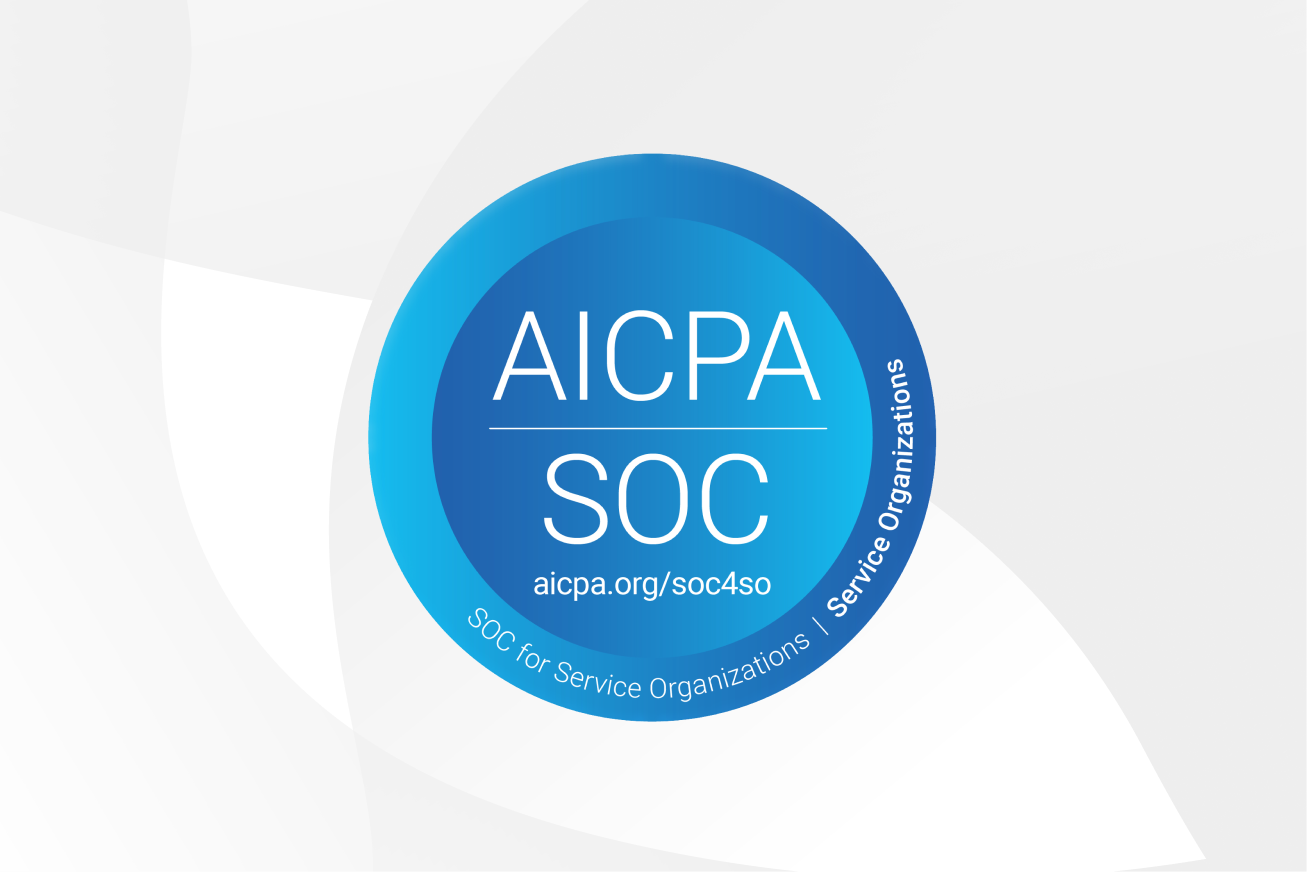The Chief Human Resources Officer, or CHRO, is an emerging C-level position that more and more companies have come to embrace. Research shows that the modern CEO sees human capital as a top challenge, and yet many of these same CEOs rank HR outside of their top five priorities. But this mistaken trend is changing – especially among young business leaders who are prioritizing their employees’ health, wellness, and, of course, hiring. All of this is part-and-parcel of the increasingly popular and important role of CHRO.
Interested in a career in human resources? Want to learn more about the CHRO position? Popl is here to help with some useful information and tips on how to be a CHRO.

What is a CHRO?
A CHRO (Chief Human Resources Officer) is a senior executive responsible for managing the human resources department of an organization. They are typically responsible for the development and implementation of policies and procedures related to employee recruitment, retention, and development, as well as compensation and benefits, employee relations, and compliance with labor laws and regulations. They also often play a key role in shaping the overall culture and values of the organization.
What does a CHRO do?
Here are some of the major responsibilities associated with being a CHRO.…
- Developing and implementing policies and procedures related to employee recruitment, retention, and development.
- Managing the compensation and benefits programs for employees.
- Overseeing employee relations and ensuring compliance with labor laws and regulations.
- Playing a key role in shaping the overall culture and values of the organization.
- Managing the overall human resources department and its various functions.
- Advising the CEO and other senior leaders on strategic workforce planning, talent management, and other human resources matters.
- Collaborating with other departments and functions to align human resources strategies with the overall business goals.
- Managing the budget and resources of the human resources department.
- Staying up to date with the latest trends and best practices in human resources management, and implementing them within the organization.
What you need to be a CHRO

Becoming a CHRO means accumulating the right education, experience, and skills. Some steps that may help in your journey to be a CHRO include:
- Education: A bachelor's degree in a related field such as human resources, business, or psychology is a good starting point. Many CHROs also hold advanced degrees such as a master's in business administration (MBA) or a master's in human resources management.
- Experience: Most CHROs have several years of experience in human resources management, including experience in leadership roles. They may have also held positions such as human resources manager, director of human resources, or vice president of human resources before being promoted to CHRO.
- Develop leadership skills: Strong leadership and communication skills are essential for a CHRO. They must also have a deep understanding of human resources practices and regulations, as well as the ability to analyze data and make strategic decisions.
- Professional Certifications: Some CHROs also hold professional certifications such as the Senior Professional in Human Resources (SPHR) or the SHRM-SCP (Society for Human Resource Management- Senior Certified Professional)
- Networking: Building relationships and networking with other human resources professionals can also be helpful in advancing your career and learning about opportunities for advancement.
- Keep updated with the latest trends and best practices in human resources management.
Becoming a CHRO is a varied path and different organizations have different requirements. However, taking these steps and having a strong background in human resources and leadership positions can increase your chances of becoming a CHRO.
CHRO skills
Here are some important skills for being a Chief Information Officer:
- Leadership: A CHRO must be able to lead and manage a team of human resources professionals, as well as collaborate with other departments and senior leaders within the organization.
- Communication: A CHRO must have strong communication skills to effectively convey human resources policies and strategies to employees, senior leaders, and other stakeholders.
- Business acumen: A CHRO should have a solid understanding of the business and be able to align human resources strategies with the overall goals and objectives of the organization.
- Strategic thinking: A CHRO should have the ability to analyze data and make strategic decisions that will benefit the organization and its employees.
- Human Resources expertise: A CHRO must have a deep understanding of human resources management, including current laws and regulations, compensation and benefits, recruitment and retention, and employee relations.
- Cultural sensitivity: A CHRO should be able to work with a diverse workforce and be sensitive to the needs and perspectives of different employees.
- Adaptability: A CHRO must be able to navigate and adapt to the ever-changing landscape of HR and the organization.
- Emotional intelligence: A CHRO should have a high level of emotional intelligence and be able to effectively manage and resolve conflicts.
- Continuous learning: A CHRO should be constantly looking for ways to learn and improve, and to stay updated with the latest trends and best practices in human resources management.
- Strong ethics: A CHRO must be able to maintain the highest ethical standards and ensure that the company follows all legal and regulatory guidelines.
How much do CHROs make?
The salary of a CHRO can vary depending on a number of factors, including the size and industry of the organization, the CHRO's level of experience and education, and the location of the organization.
With that said, according to Payscale, the average salary for a CHRO in the United States is around $153,000 per year, with a range of around $108,000 to $223,000. However, salaries for CHROs can be higher or lower depending on the factors mentioned above. For example, CHROs in large, publicly traded companies may earn significantly more than those in smaller, private companies.
Note also that in certain industries such as finance, technology, and healthcare CHROs tend to earn more than those in other industries.
Famous Chief Human Resources Officers
A few notable CHRO you can go to for advice, guidance, or simply inspiration:
- Fiona Cicconi: Appointed Google's new HR Chief in January of 2021, Cicconi oversees the management of around 130,000 employees, creating and enforcing the policies that govern the workforce.
- Kevin Cox: General Electric’s CHRO Kevin Cox brought his impressible background to GE's global HR organization. Today he oversees talent Management, Leadership Development and Learning, Compensation and Benefits, Employee Relations and Security.
- Lisa Buckingham: At Lincoln Financial Group the CHRO position plays a major role with Buckingham reporting to and working directly with the massive organization’s CEO.
Best resources for aspiring CHROs
Here are some valuable resources that can help empower your HR career path.
- Professional associations: Joining professional associations such as the Society for Human Resource Management (SHRM) or the Human Resources Professionals Association (HRPA) can provide access to networking opportunities, professional development resources, and industry news.
- Books: There are several books available on the topic of human resources management and leadership that can provide valuable insights and best practices for those interested in becoming a CHRO.
- Online courses and certifications: Websites like Coursera, Udemy, and LinkedIn Learning offer a variety of online courses and certifications in human resources management and leadership that can help you develop the skills needed for the role of CHRO.
- Conferences and events: Attending conferences and events related to human resources management can be a great way to learn about industry trends and best practices, as well as to network with other professionals in the field.
- Blogs and websites: There are many blogs and websites dedicated to human resources management and leadership that provide valuable information and resources for those interested in becoming a CHRO.
- Mentorship: Finding a mentor who is a CHRO or have experience in senior HR leadership positions, can provide valuable guidance and support as you pursue your career goals.
- Networking: Building relationships and networking with other human resources professionals can also be helpful in learning about opportunities for advancement and getting advice on how to become a CHRO.
How to be a CHRO | Conclusion

Congratulations, you’ve gotten this far! Yes, even reaching the end of this article is step toward achieving your goal of becoming a CHRO. The next step? Focus on doing quality work in your daily life. Do quality work and, especially if you want to be a CHRO, treat others with respect and in a way that empowers them and you’re already practicing some of the most important skills of being a CHRO. Remember, the road may be long, but there’s no reason you can’t enjoy every step along the way.
Good luck!
—
More Popl career guides















